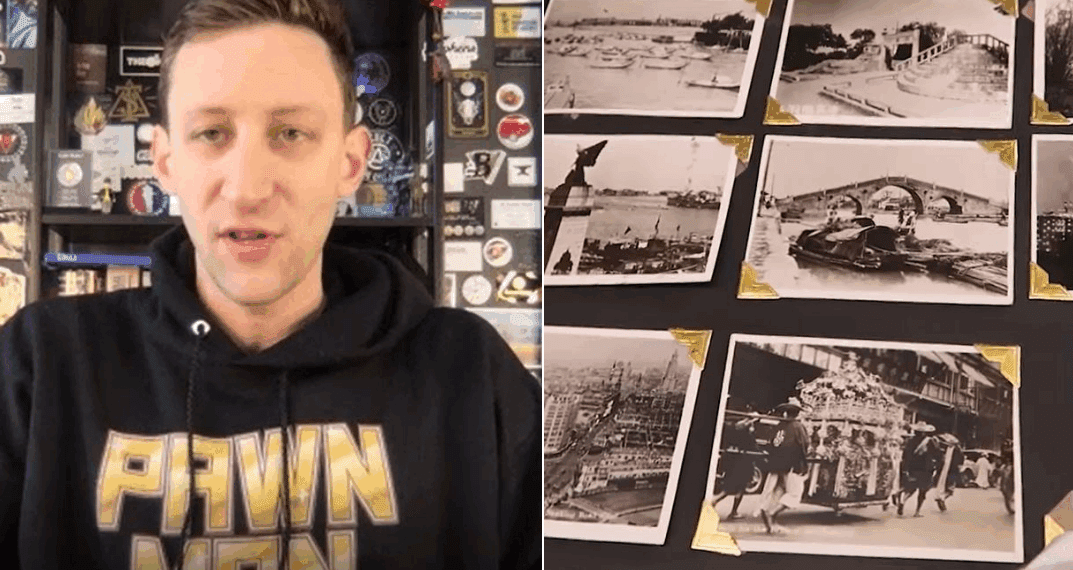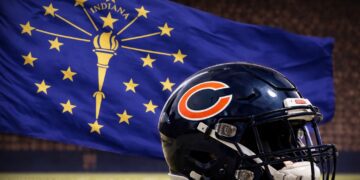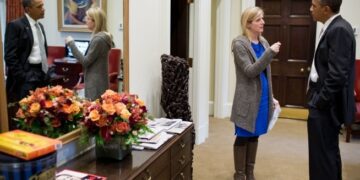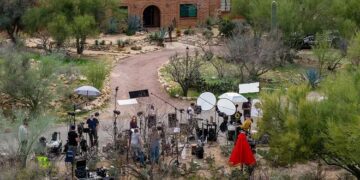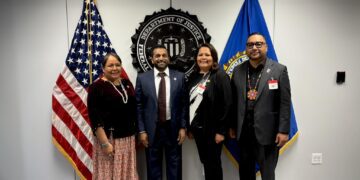In the fall of 2022, I became part of something no one prepares for: a global viral video. What began as a moment of accidental discovery quickly turned into a firestorm of accusations and media scrutiny. Within 48 hours, I went from being hailed as a hero for presenting unseen evidence of the Nanjing Massacre—a tragedy historians call the “forgotten holocaust”—to being vilified online as a fraud.
The truth was simpler. I had stumbled into a historical revelation, and my video caught fire. It was no hoax. Two months later, after working with legal counsel and securing an agreement with the Chinese government, I released my findings, stated the facts, and donated the photo album in question to China. The gesture became a diplomatic act normally reserved for heads of state—not a private citizen armed with a cell phone.
But instead of acknowledgment, I faced silence from the West.
Silence From the West, Celebration in the East
While China embraced the donation as a significant cultural milestone, the Western press ignored it entirely. Not one outlet that had published accusations about me followed up when the truth came out. This silence, I believe, reflects a larger problem: the lack of understanding and willingness to engage with stories about China that do not fit a negative narrative.
When I arrived in Beijing, after a 20-hour flight from Minnesota, I was met by an army of reporters and millions of netizens. I was treated like a statesman, asked to share my story, and welcomed as someone who had helped shed light on a dark chapter of history. In China, my accidental discovery became the start of a bridge of peace.
In the West, it vanished into a void.
The Media’s Role in Division
Having lived through both reactions, I have seen firsthand how Western media frames China. Negativity sells. Sensationalism thrives. Happy stories don’t lead, because in today’s profit-driven media, “if it doesn’t bleed, it doesn’t lead.”
My viral moment began with accusations and conspiracies—and coverage flourished. But once the truth emerged, once the story became one of peace and cross-cultural diplomacy, Western interest evaporated. Meanwhile, in China, my story was celebrated as an act of goodwill unseen in decades.
This disparity underscores a troubling reality: the Western media profits from fear and division, even when it comes at the expense of international stability.
A Call for Understanding
I’ve spent the past two years traveling across China, from Beijing to Harbin, learning more about its culture, people, and way of life than I ever could from books or headlines. What I’ve discovered is starkly different from the caricatures pushed in the West. The so-called “social credit system” is a total lie perpetuated by the western media. People are not living in fear for speaking their minds or making jokes. They’re not starving. They’re not under total government control. Instead, I’ve found a society deeply committed to growth, community, and stability.
If the U.S. and China worked together, humanity as a whole would benefit. But for peace to become reality, both sides must be willing to tell the full story—not just the parts that drive clicks and ad revenue.
The Cost of Neglect
This isn’t just about me. It’s about the broader failure of the Western media to acknowledge moments of cooperation and goodwill. When actor Timothée Chalamet visited my home state of Minnesota to promote his new film, nearly every outlet covered it. Yet when an ordinary Minnesotan made a gesture of peace that resonated with millions in China, the silence was deafening.
The imbalance isn’t just unfair—it’s dangerous. As President Dwight D. Eisenhower once warned, the military–industrial complex thrives on the need for enemies. After the fall of the Soviet Union, China became the new target. If the media continues to distort or ignore positive engagement, we risk fueling unnecessary hostility and even sleepwalking toward global catastrophe.
A Bridge Half-Built
With a TikTok video and an act of donation, I accidentally lit a flame of diplomacy not seen in decades. But a bridge cannot be built from only one side. Today, only the Chinese media has supported this effort. If the West continues to ignore stories of cooperation, that flame will die.
My mission is clear: to advocate for peace by telling the truth about what I’ve seen and experienced. I don’t claim to have all the answers. But I do know this: our future depends on recognizing each other’s humanity.
The path to a better world exists. All it requires is the courage to walk it together.


